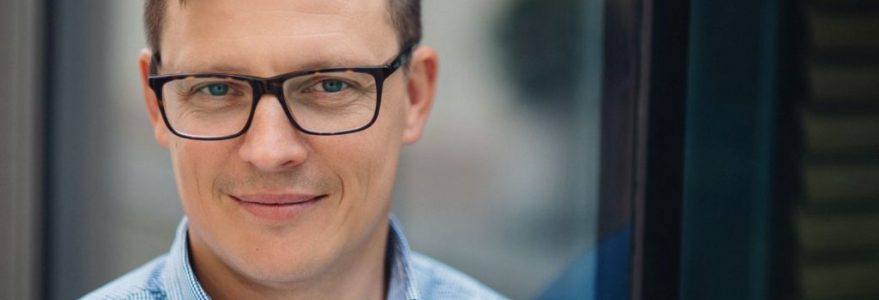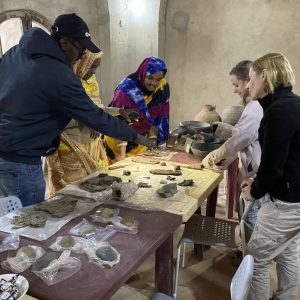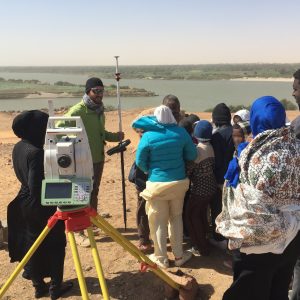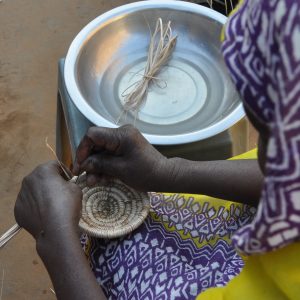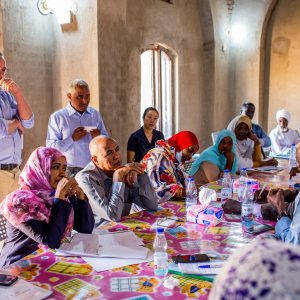Prof. Artur Obłuski, director of the UW Polish Centre of Mediterranean Archaeology and leading researcher of the ERC Starting Grant UMMA, has received the Public’s Choice Award under the European Research Council’s Public Engagement with Research competition.
Artur Obłuski, assistant professor of the Polish Centre of Mediterranean Archaeology (PCMA) of the University of Warsaw, is the winner of the public vote for his project “Working together for the sustainable, heritage based and community embedded development of Sudan (NAFEER). Under his project, Obłuski has been successfully struggling to engage local community in Sudan to promote their archaeological heritage.
The project, under the ERC Starting Grant “UMMA – Urban Metamorphosis of the community of a Medieval African capital city”, is conducted in Old Mongola, Sudan.
“Old Dongola, where the remains of magnificent churches, monasteries with the largest collection of medieval paintings in the world, and the oldest surviving mosque in Sudan and monumental tombs of sheikhs have been preserved, is a vital feature of the world cultural heritage. Not only archaeologists should benefit from that potential but also the Sudanese society and local communities. Together with the local communities, local and regional governments, as well as the central authorities, we have attempted to take a strategic approach to the heritage preserved at the site. This is so that our hosts, apart from the splendour of the site, will also have more tangible benefits, e.g. economic gains as part of sustainable development, the benefits that will go to local communities and not to large corporations. Let’s remember that Sudan is the 8th poorest country in the world,” Artur Obłuski explained.
Collaborative archaeology
Collaboration with local communities for the purposes of archaeology, heritage and sustainable development is one of the elements of social responsibility of archaeology and a new strategy in the PCMA research scheme introduced by Prof. Artur Obłuski, director of the centre.
In the collaborative archaeology approach closer relations between researchers and local inhabitants is stressed and promoted. It allows archaeological results to be embedded in their social and geographical contexts. The implementation of this strategy in Old Dongola is coordinated by Dr Tomomi Fushiya, who specialises in collaborative archaeology and has been working on similar projects in Sudan for years.
As Obłuski and Fushiya emphasise, work on an archaeological project should be carried out in a bilateral way, taking into account the local point of view and traditional knowledge of cultural heritage. The UMMA team and the subsequent partnership with the local communities led to a successful implementation of this project.
The full list of the European Research Council’s Public Engagement with Research Award winners is available on https://erc.europa.eu.



